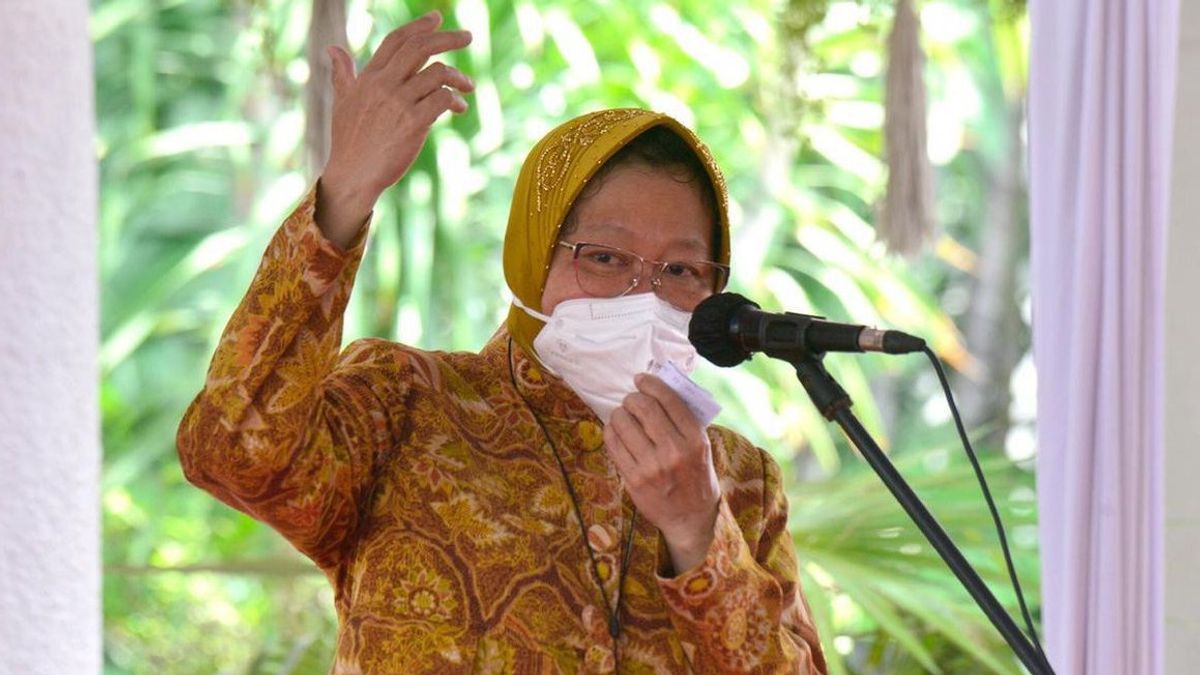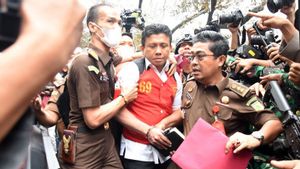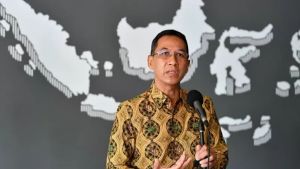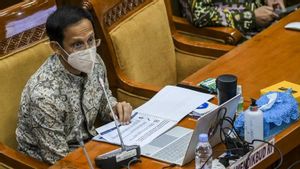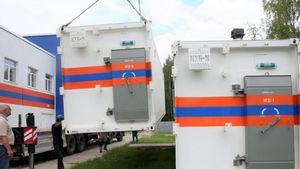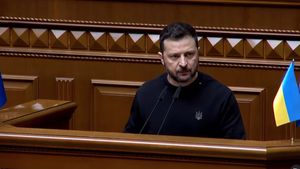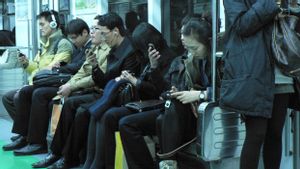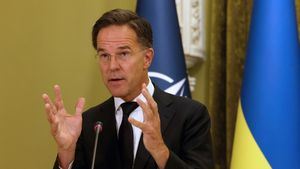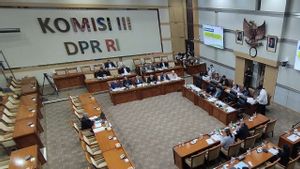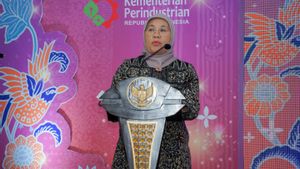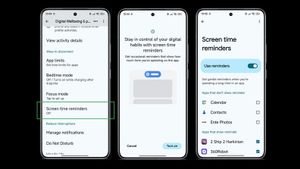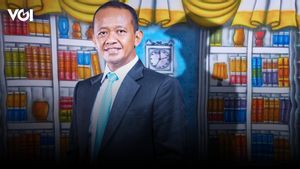JAKARTA - Indonesia made a breakthrough with an adaptive smart stick and a modified smartphone for the visually impaired.
Minister of Social Affairs Tri Rismaharini described three breakthroughs made by the Indonesian government to support accessibility for people with disabilities.
This will be conveyed at the High-level Intergovernmental Meeting on the Final Review of the Implementation of the Asian and Pacific Decade of Disabled Persons, or HLIGM-FRPD (High-level Intergovernmental Meeting on the Final Review of the Implementation of the Asian and Pacific Decade of Disabled Persons).
Social Minister Risma said that in the past year, Indonesia has made various breakthroughs to support and facilitate the accessibility of people with disabilities.
The first breakthroughs are adaptive smart sticks and smartphones that have been modified for the visually impaired. The stick will work to give a signal to the blind stick holder, as well as other people with disabilities.
"When there is water, or anything, even disaster around it. The stick will vibrate and sound so that the stick holder can be alert," said Social Minister Risma.
Second, for persons with disabilities, an entrepreneurial approach is applied. The Indonesian government has taken this approach, so that people with disabilities can not only work but also become entrepreneurs.
“We teach them to be able to stand up but with technology made by people with disabilities too. So, this is one of the courage to show how people with disabilities can create, even create their own works, which we can apply for a patent internationally,” she said.
The third is the government's alignment with persons with disabilities so that they can properly meet their basic needs, and raise awareness for them.
"We are trying to revive gotong royong so that we care for our brothers and sisters by providing food for our brothers and sisters, people with disabilities, through mutual cooperation from local residents with financial assistance from the government, a form of caring for each other," said Risma.
The three things, she said, were breakthroughs that Indonesia would share at a joint meeting of Asia-Pacific countries. In the future, Social Minister Risma hopes that Indonesia can also learn about the fulfillment of the rights of persons with disabilities from other countries through the meeting.
Meanwhile, Executive Secretary of the United Nations Economic and Social Commission for Asia and the Pacific (UNESCAP), Armida Salsiah Alisjahbana said that the 10-year Asia Pacific Summit for Persons with Disabilities this time was held in Indonesia, because it was considered to have made a number of innovations in handling people with disabilities.
"Indonesia has a lot of innovations, breakthroughs, as the Minister has said, breakthroughs that can serve as examples, lessons learned, best practices for countries that will attend later," said Armida.
SEE ALSO:
The results of the meeting will be embodied in the Jakarta Declaration. “The experience from Indonesia can be applied in other countries. Likewise, experiences from other countries can also be learned by Indonesia," said Armida.
In Asia and the Pacific, an estimated 700 million people with disabilities face barriers to full participation in society. Countries that are members of ESCAP have agreed to build regional cooperation that focuses on how to achieve inclusive development for people with disabilities. This step is a follow-up to the United Nations Decade of Persons with Disabilities (1983-1992).
During the meeting, ESCAP members will review the progress and achievements of the action plan points in the Incheon Strategy and the Beijing Declaration.
The meeting will also formulate new agreements and renew the commitments of ESCAP members and associations to strengthen the fulfillment of rights and inclusive development of persons with disabilities in Asia-Pacific. All of these efforts are directed towards achieving the 2032 Sustainable Development Agenda.*
The English, Chinese, Japanese, Arabic, and French versions are automatically generated by the AI. So there may still be inaccuracies in translating, please always see Indonesian as our main language. (system supported by DigitalSiber.id)
